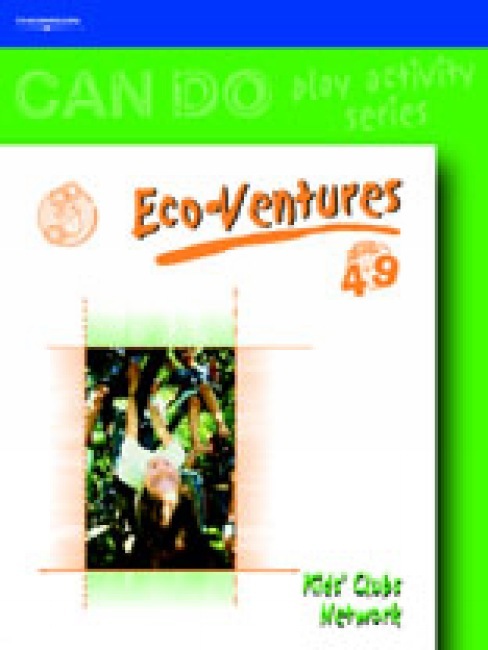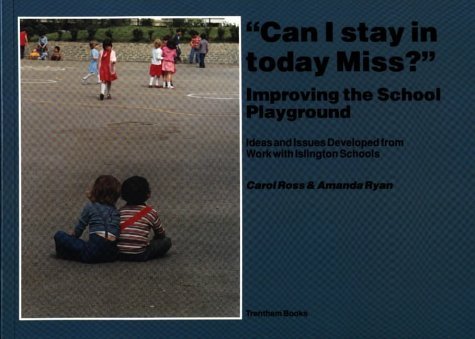Resources
Can Count!
In this data handling activity children carry out an audit of canned products in their home, local shop or supermarket. The collected data is sorted and categorised according to product, then represented using graphs or diagrams, including pictograms and bar charts, using IT where appropriate. Finally conclusions...

The book has been written so that adults can develop the activities with children or children can use the book for ideas to develop themselves. All the activities have been successfully tried and tested with children...

This book describes strategies and procedures that change behaviour on the playground, reducing aggression and abuse among children and giving girls fair access to playground justice.
Meet Ellie - a young girl with epilepsy. Ellie invites readers to learn about epilepsy from her perspective. She introduces us to some friends who help present the varying forms of epilepsy.
Ellie and her friends help children to understand the obstacles that they face by telling them what it feels like to...
How does snow form? Why are we always depressed after Christmas? How does Santa manage to deliver all those presents in one night? (He has, in fact, little over two ten-thousandths of a second to get between each of the 842 million households he must visit.)
Can silence actually drive you crazy?
This video uses an anechoic chamber to investigate whether an echoless environment can significantly change our perceptions.
Can teacher turnover improve student achievement?
According to a working paper from the National Bureau of Economic Research, published in 2016, removing low-performing...
Can they tell the difference
This resource is from a collection of Nuffield Maths resources exploring Hypothesis testing. The demand is roughly equivalent to that in GCE A level. The resources typically include slide shows to introduce the topics, student sheets and teacher notes, as well as other relevant resources.
In the ‘Can they...
Can trees time travel?
This immersive escape room activity introduces the BIFoR FACE (Birmingham Institute for forest research free air carbon enrichment) experiment and encourages learners to consider the impact of climate change on forest ecosystems. Learners work as a group to complete a virtual tour of BIFoR FACE before using...
Can We Believe the Claims?
Produced by Nelson Thornes, this resource helps students look at aspects of how science works. In particular, students are presented with data from a scientist who is working for a company making a food spread. The company claims that the spread reduces blood cholesterol. Students are asked questions regarding the...
